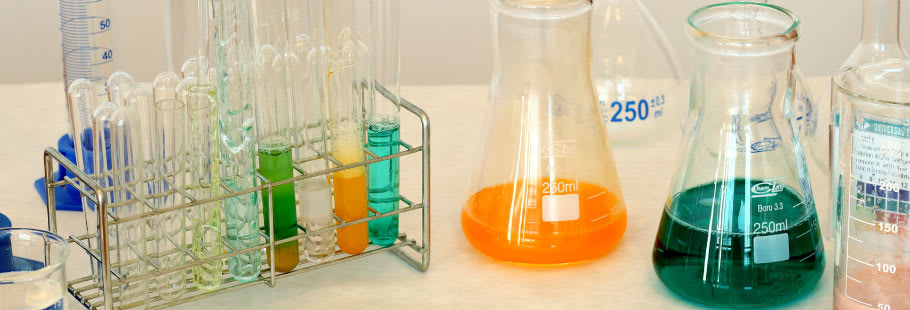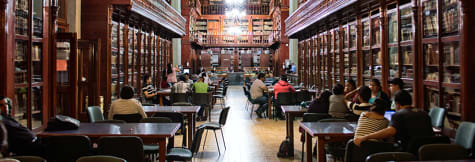Making the decision
In the end, I had three PhDs to choose from, in slightly different branches of Pharmaceutical Chemistry. Two opportunities were at my undergraduate university (Sheffield) and one was elsewhere.
This is where many peoples’ decisions get difficult. Do you remain in your comfort zone and stay at your own university or opt for a change of scenery? I found there were five key factors involved in making my decision.
#1 The research
I was going to be working on this project for 4 years, and that meant I needed to be genuinely invested in the work. If you’re not interested in the research don’t pick the PhD for the sake of ‘becoming a doctor’ like many people do. I was interested in all aspects of pharmaceutical chemistry, so it was particularly useful to have a detailed description of each project, allowing me to think about what each individual PhD would involve.
#2 The supervisor
This is a major part of your PhD decision. You’ll need a good relationship with your supervisor , but, in my opinion, you should also feel comfortable challenging them. After all, it is your research and some more experienced supervisors may be set in their ways.
You also need to be able to introduce your own ideas to have a key input into the direction the project is taking. To be able to do this you need a good rapport with the supervisor. I ruled out one of the PhDs I was offered on this basis, as the supervisor’s personality clashed with my own and his students weren’t given the freedom to explore their own ideas - something I feel is key within a PhD. Luckily for me one of the opportunities was with my current personal tutor, I knew we got along, and I related well to his style of supervising.
#3 The opportunities
Many PhDs run by Research Councils require you to do a professional placement (mine does) or are supported by a placement within industry.
These opportunities are important for two reasons. Firstly, you will have the chance to gain new (and possibly invaluable skills) as well as an idea of the industry you may want to work within. Secondly, you’ll have the chance to take a break from your project. Sometimes researchers reach a block in their PhD (referred to as the ‘second-year stump’) and having some time out and coming back to the work may allow you to solve previous problems.
Other opportunities during a PhD can be just as rewarding (and very diverse). I also was lucky enough to have the chance to attend a bio-inorganic summer school in Cagliari, where I delivered a short presentation of my work.
#4 The city/university
This decision was made easier for me by the fact that I love Sheffield. It has all the fundamentals of a big city, but the centre feels like a large town. I knew I liked it which probably introduced a bias to my PhD choice, but that isn’t necessarily a bad thing: you need to know you’ll be comfortable living in the city you choose as you’ll be spending a lot of time there .
#5 The research group
The other students and researchers in your lab are the people you will spend every working day with for quite some time (four years in my case). Choosing a PhD with a group you feel you might not get along with could taint your experience, so, If you can, consider what it might be like to work with them. I knew one of the groups were hard-working (publishing in high impact journals), but still managed to maintain active social lives; balance is key for maintaining a happy life during your PhD.

 Continue with Facebook
Continue with Facebook








